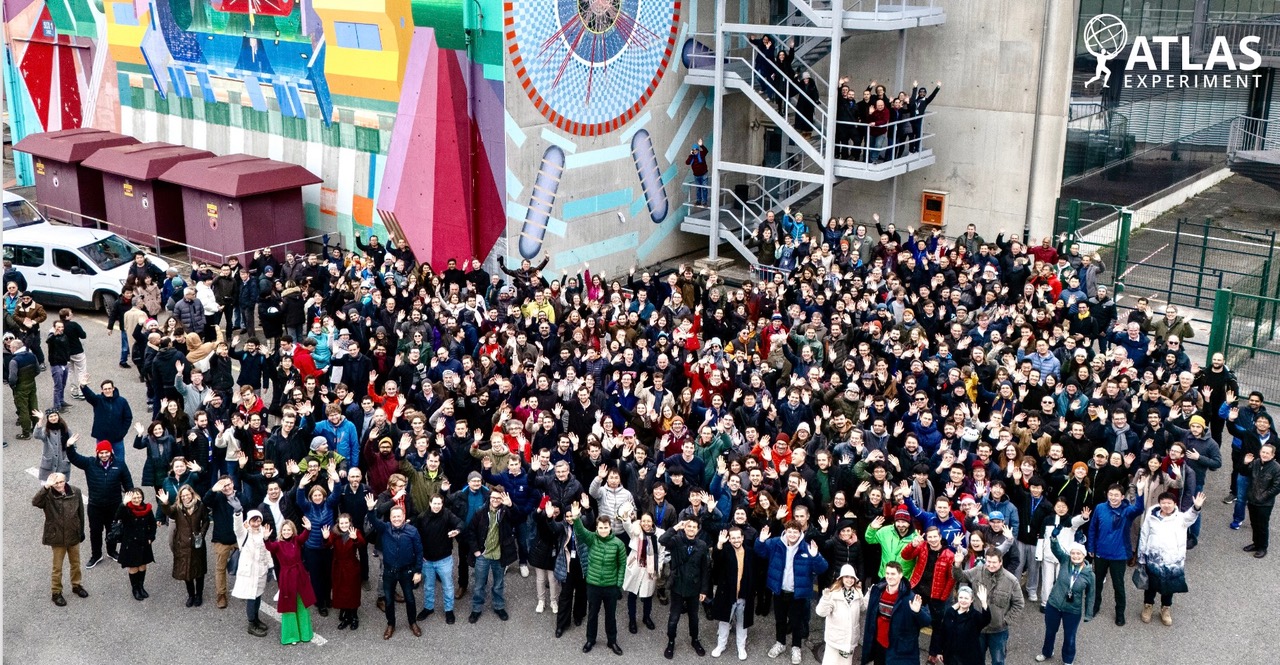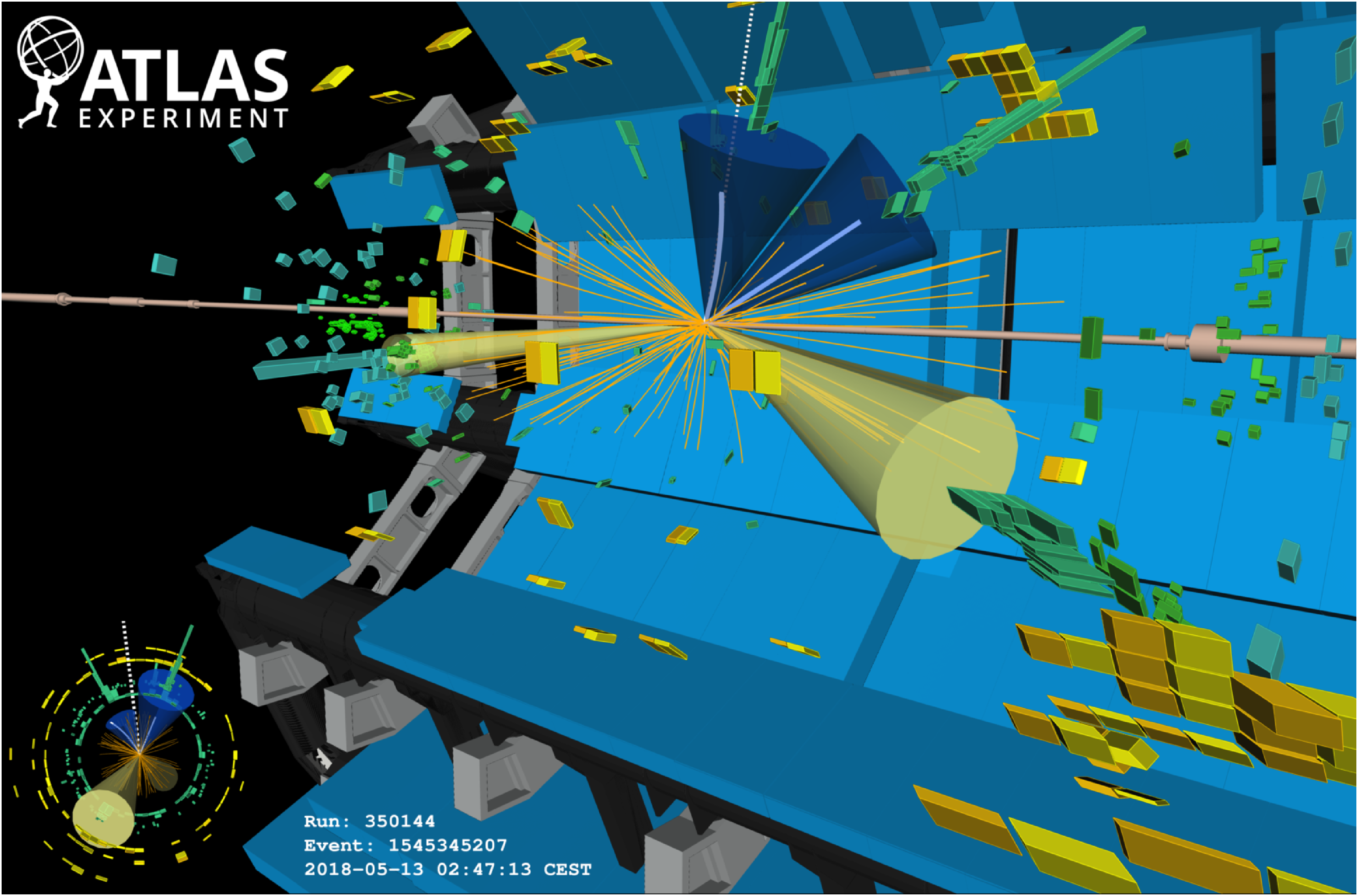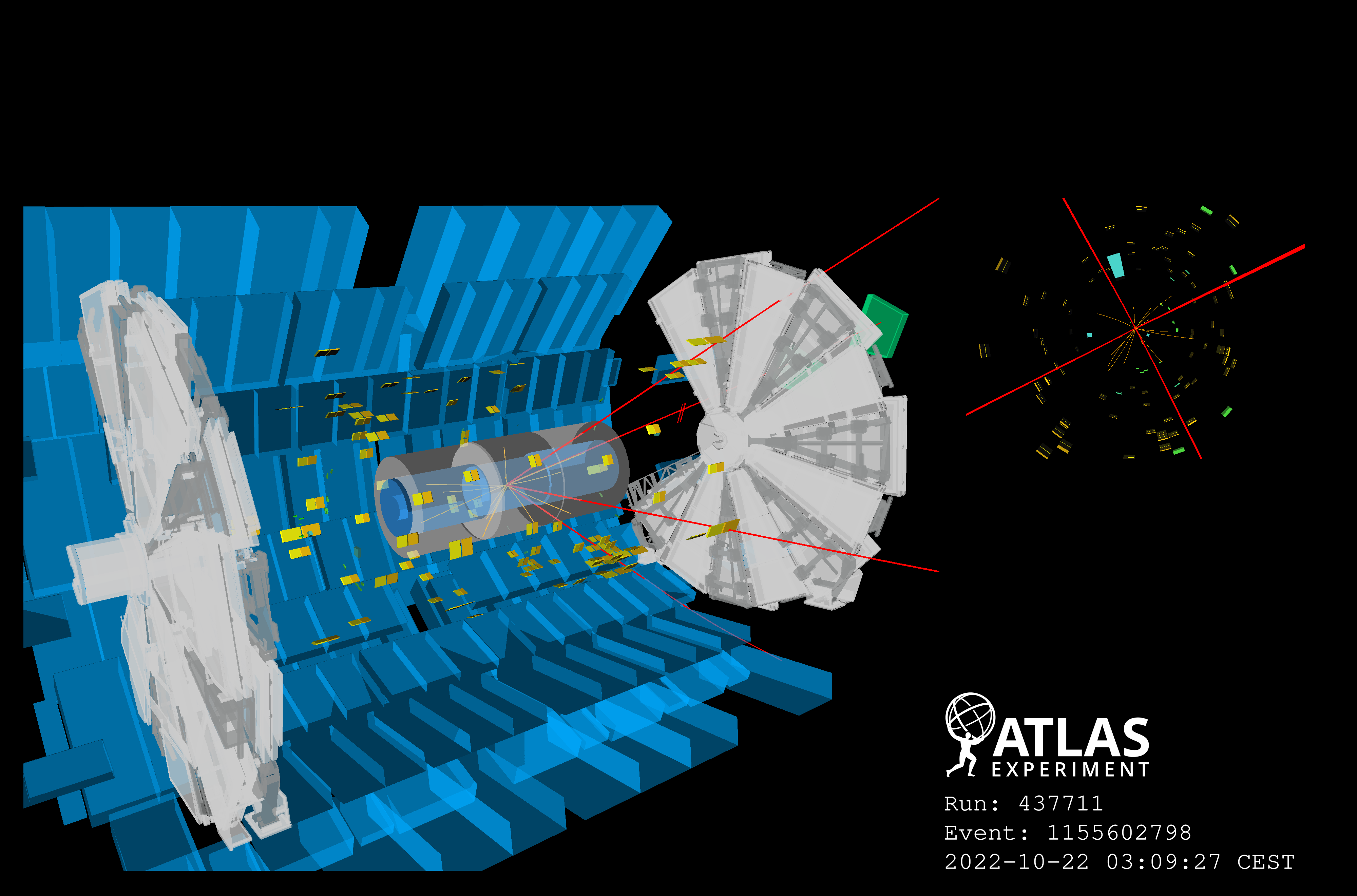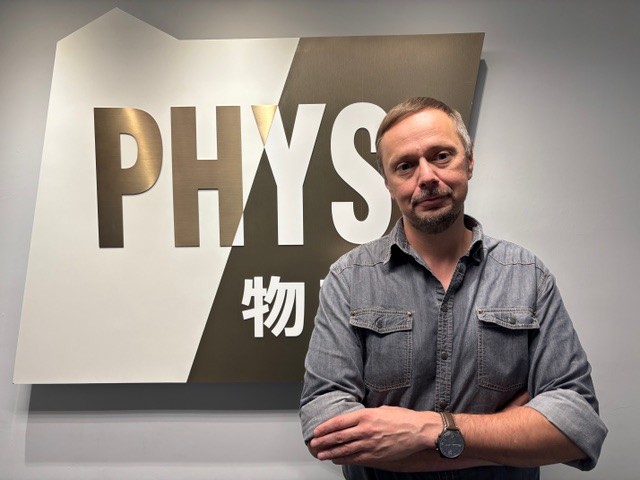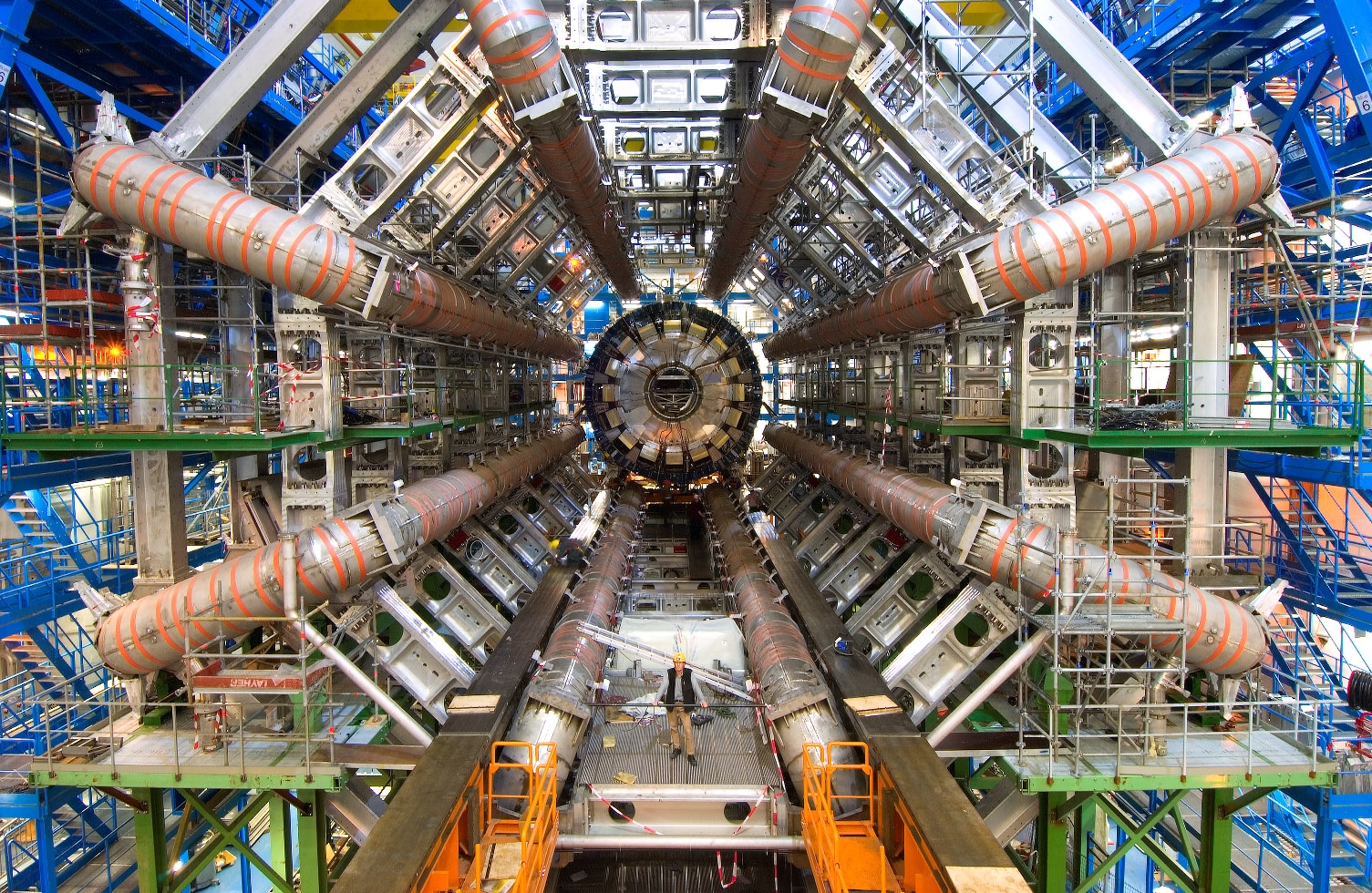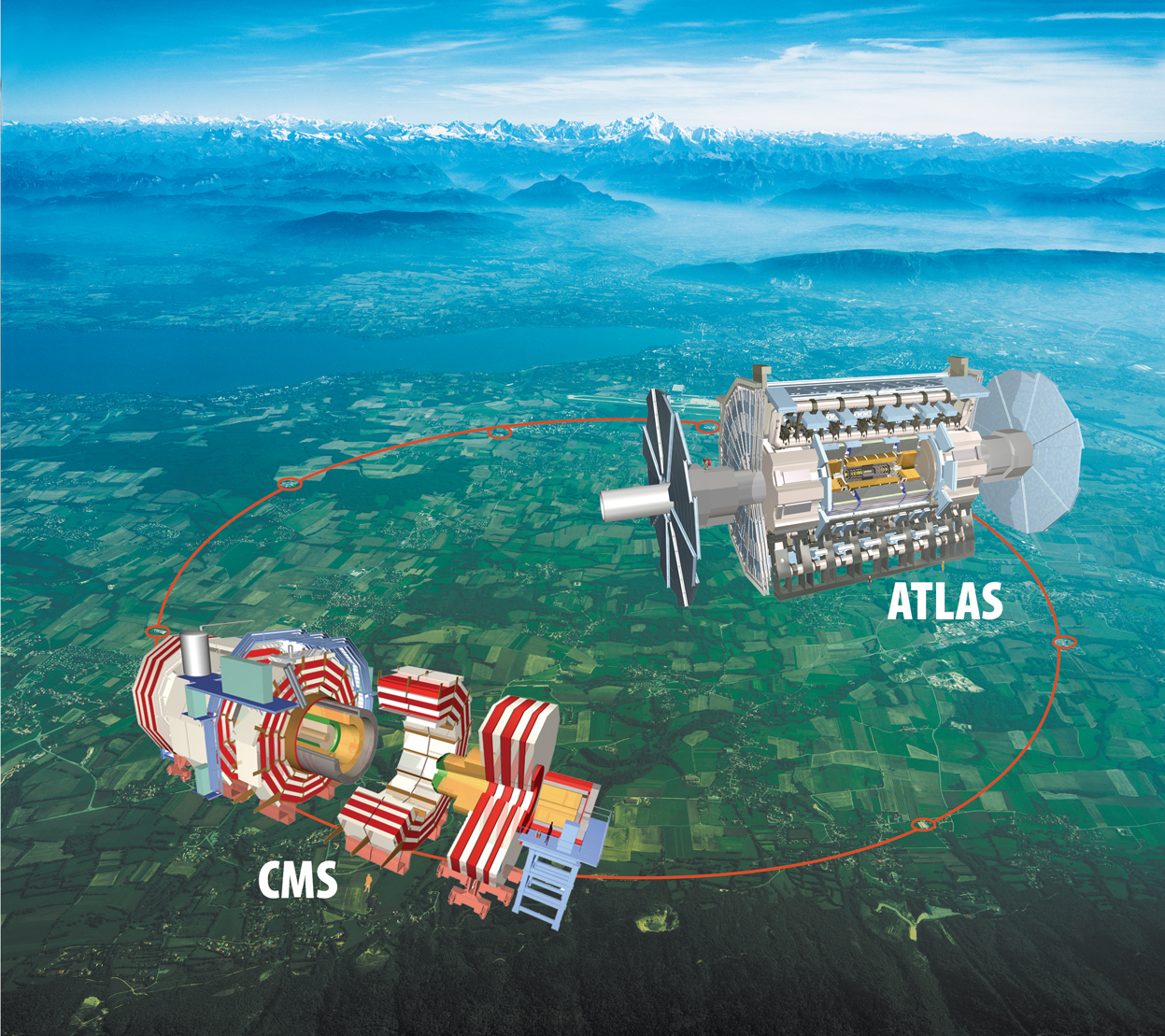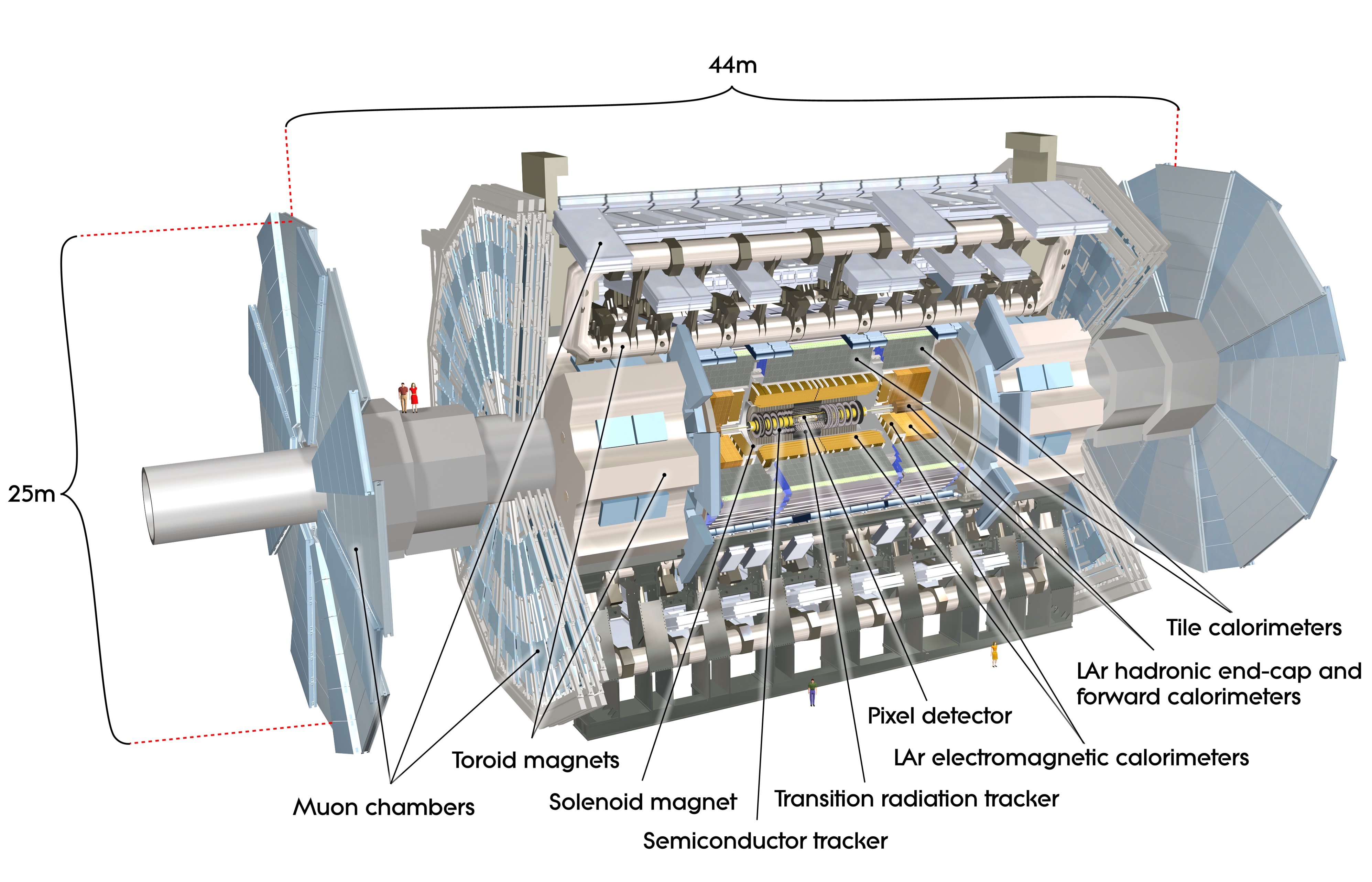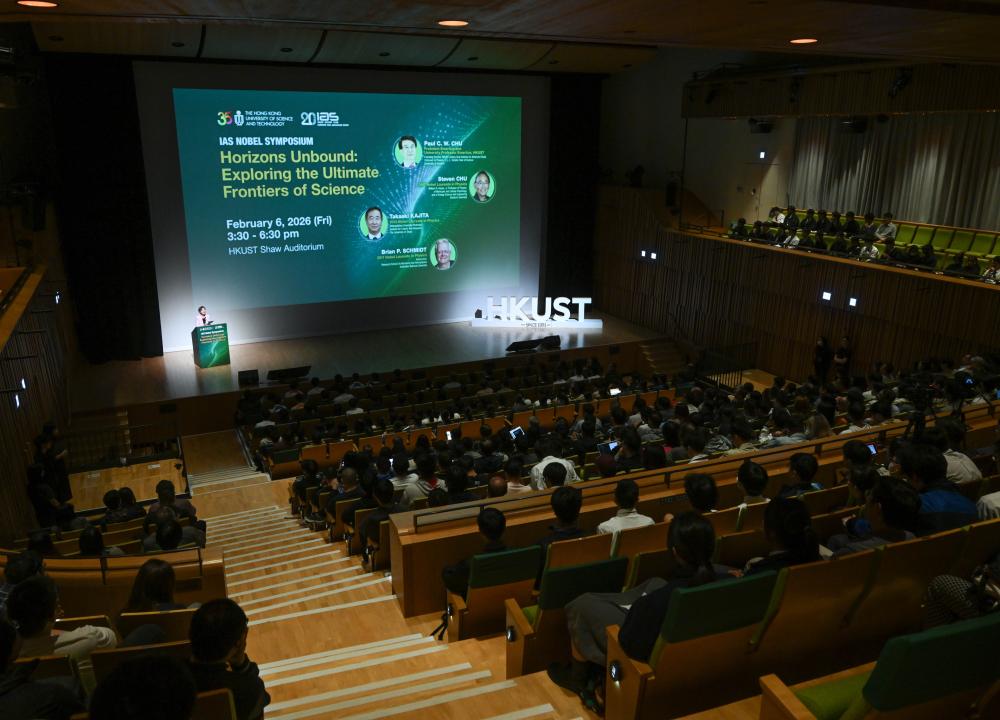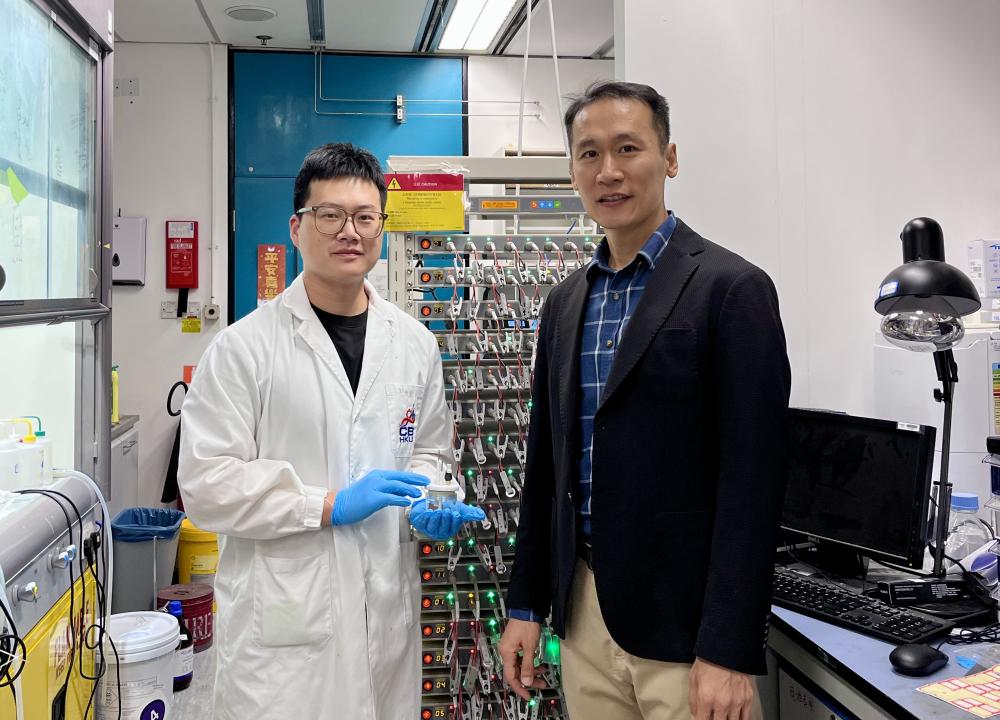"Oscars of Science" Announces Winners: HKUST Celebrates Shared Victory in Breakthrough Prize in Fundamental Physics
Scientists from the Hong Kong University of Science and Technology (HKUST) are among the researchers worldwide honored with the 2025 Breakthrough Prize in Fundamental Physics, often referred to as the "Oscars of Science." This prestigious recognition was presented to the A Toroidal LHC ApparatuS (ATLAS) Collaboration at the European Organization for Nuclear Research (CERN) for its groundbreaking studies on high-energy collisions at the Large Hadron Collider (LHC). This recognition highlights a decade of dedicated research and innovation by the HKUST researchers, who have contributed significantly to the ATLAS Collaboration's achievements, including the discovery of the Higgs boson, commonly known as the "God Particle", and searches for new physics beyond the Standard Model of Particle Physics.
The Breakthrough Prize, one of the world's largest science prizes co-founded by technology gurus such as Google co-founder Sergey BRIN and Meta co-founder Mark ZUCKERBERG, specifically highlights the ATLAS Collaboration’s significant contributions to particle physics, including detailed measurements of Higgs boson properties, studies of rare processes and matter-antimatter asymmetry, and the exploration of nature under the most extreme conditions.
The ATLAS Collaboration brings together over 6,000 scientists, students, engineers, and technicians from more than 243 institutes worldwide. Since joining the collaboration in 2014, the Hong Kong research team, which consists of dozens of researchers from HKUST, the University of Hong Kong and the Chinese University of Hong Kong, has played a crucial role in advancing the understanding of the Higgs boson and its interactions, making significant contributions to the global scientific community's efforts to unravel the universe's most fundamental mysteries.
HKUST began its involvement in 2014 by contributing to the ATLAS muon detecting system and collaborating on data analysis for new physics. The Hong Kong team operates under the Joint Consortium for Fundamental Physics (JCFP) consists of ten physicists, students, and engineers from the Center for Fundamental Physics at the HKUST Jockey Club Institute for Advanced Study (IAS) who have been taking the lead in measuring the properties of the Higgs boson and developing advanced analysis techniques, including detailed measurements of Higgs boson properties confirming the symmetry-breaking mechanism of mass generation, study of rare processes and matter-antimatter asymmetry, and the exploration of nature at the shortest distances and most extreme conditions at CERN’s LHC. HKUST researchers are also playing a key role in the construction and upgrade of the ATLAS detector systems and are preparing for the next chapter of the collaboration. The team is involved in the development of a new tracking detector for ATLAS, known as the ITk, which is designed for High-Luminosity LHC. This new detector, expected to cope with the tenfold increase of collision rate, will begin its operation in 2030.
"HKUST's involvement in the ATLAS Collaboration, in partnership with scholars from Hong Kong’s universities, has been a journey of discovery and innovation," said Prof. LUK Kam-Biu, Director of Center for Fundamental Physics. "Our collective dedication and expertise have been instrumental in advancing particle physics research, and this prize is a testament to our shared achievements."
"Our team's work on understanding the properties of the Higgs boson and searches for physics beyond the Standard Model exemplifies the innovation driving ATLAS forward," said Prof. Kirill PROKOFIEV, leader of the HKUST ATLAS team and Associate Professor of the Department of Physics. "This recognition affirms the impact of our contributions and inspires us to continue exploring the universe’s most fundamental questions."
The ATLAS Collaboration operates the largest particle detectors in the world. It is located at LHC, the world’s highest-energy particle accelerator at CERN, Switzerland. In 2012, the ATLAS team – along with the CMS Collaboration at CERN – co-discovered the Higgs boson. This discovery was a monumental step in understanding why particles have mass and how they interact within the universe.
About The Hong Kong University of Science and Technology
The Hong Kong University of Science and Technology (HKUST) (https://hkust.edu.hk/) is a world-class university that excels in driving innovative education, research excellence, and impactful knowledge transfer. With a holistic and interdisciplinary pedagogy approach, HKUST was ranked 3rd in the Times Higher Education’s Young University Rankings 2024, 19th Worldwide and No.1 in Hong Kong in Times Higher Education’s impact Rankings. Thirteenth HKUST subjects were ranked among the world’s top 50 in the QS World University Rankings by Subject 2025, with “Data Science and Artificial Intelligence” holding the 17th place, maintaining its position as first in Hong Kong. Our graduates are highly competitive, consistently ranking among the world’s top 30 most sought-after employees. In terms of research and entrepreneurship, over 80% of our work was rated “Internationally excellent” or “world leading” in the latest Research Assessment Exercise 2020 of Hong Kong’s University Grants Committee. As of November 2024, HKUST members have founded over 1,800 active start-ups, including 10 Unicorns and 16 exits (IPO or M&A).
For media enquiries, please contact:
Anita Lam
Tel: 2358 6313
Email: anitalam@ust.hk
Philip Kwong
Tel: 2358 6299
Email: philipkwong@ust.hk










